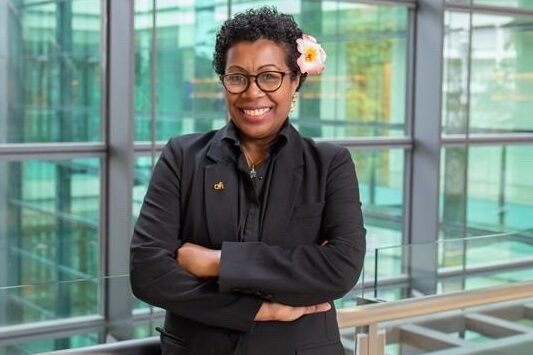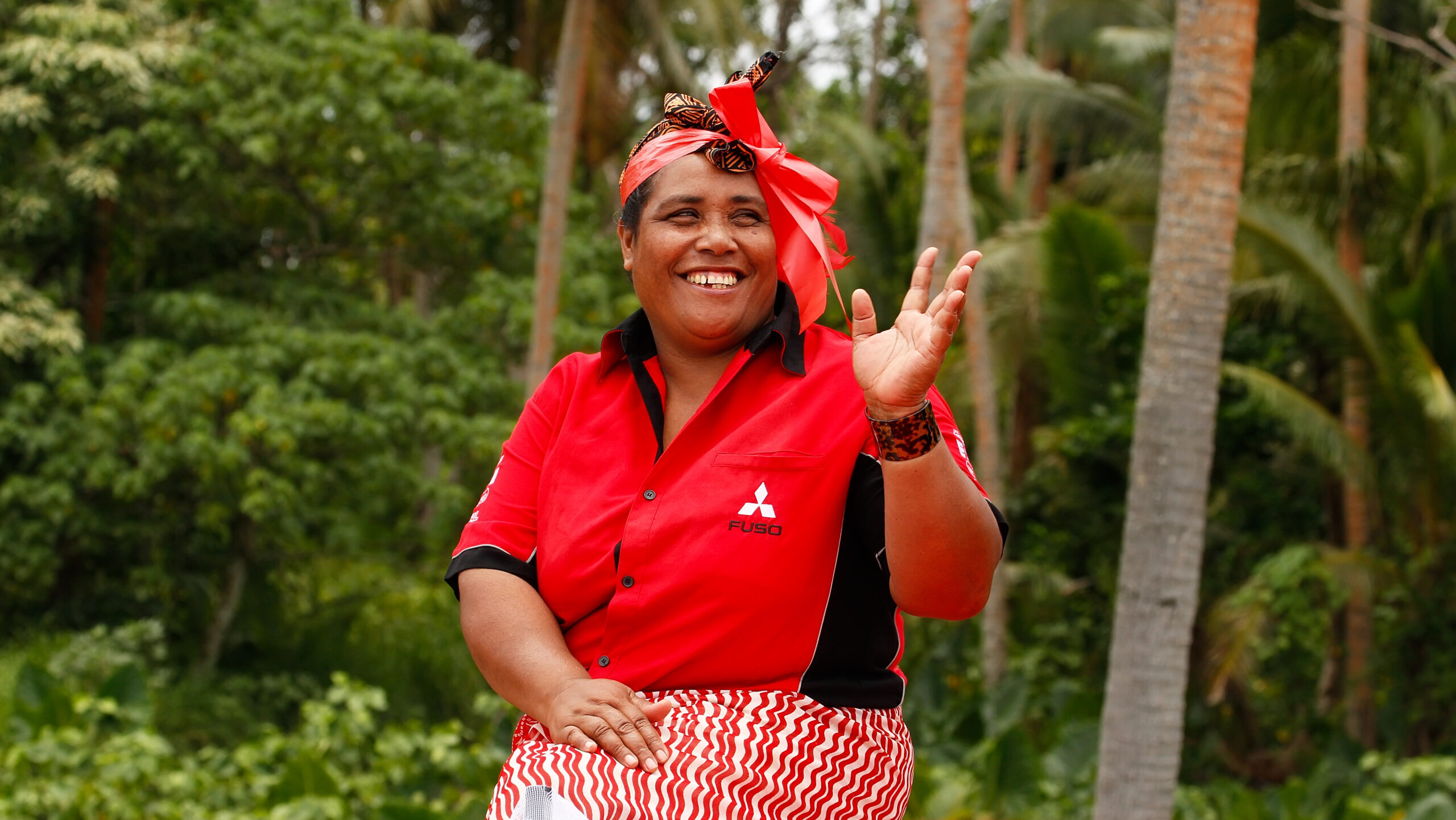This year’s International Women’s Day called for “Accelerated Action” to achieve gender equality, enhance women’s advancement, and foster their economic empowerment.

The six member institutions of AFI’s Pacific Islands Regional Initiative (The Bank of Papua New Guinea, Central Bank of Samoa, Central Bank of Solomon Islands, National Reserve Bank of Tonga, Reserve Bank of Fiji, and Reserve Bank of Vanuatu) have heard the call loud and clear. They are manifesting the IWD’s call to action of prioritizing equity, amplifying women’s voices, and dismantling systematic barriers to women’s financial inclusion.
One way they are doing this is by ensuring that National Financial Inclusion Strategies (NFIS) place a significant focus on women: Samoa’s NFIS aims to financially include 40,000 previously excluded adults by 2025/2026, with at least 50% of this group being women. Similarly, Tonga seeks to increase access to finance by 20% over the next five years, with women a priority target group.
Equally, central banks are placing increased emphasis on encouraging gender diversity in leadership. This not only encourages gender-sensitive policy making, which is critical to closing the financial inclusion gender gap, but ultimately produces more robust and resilient financial systems.
Pacific central banks are taking a lead in this respect. Two central banks in the region are now led by women, Elizabeth Genia having recently been appointed as Bank of Papua New Guinea’s first ever female governor.
Alongside policy and leadership changes, education is also a critical lever. Women’s World Banking and AFI’s Leadership and Diversity for Regulators Program is designed for high-potential women leaders within AFI member institutions. It equips participants with tools and skills to advance financial inclusion policy initiatives for women, as well as build more gender-diverse teams and promote female leaders within their institutions.
Across AFI’s Pacific region and wider global network, women are increasingly at the heart of driving policy. But we need many more of them: there is no better way to ‘accelerate action’ both on gender quality and financial inclusion.

